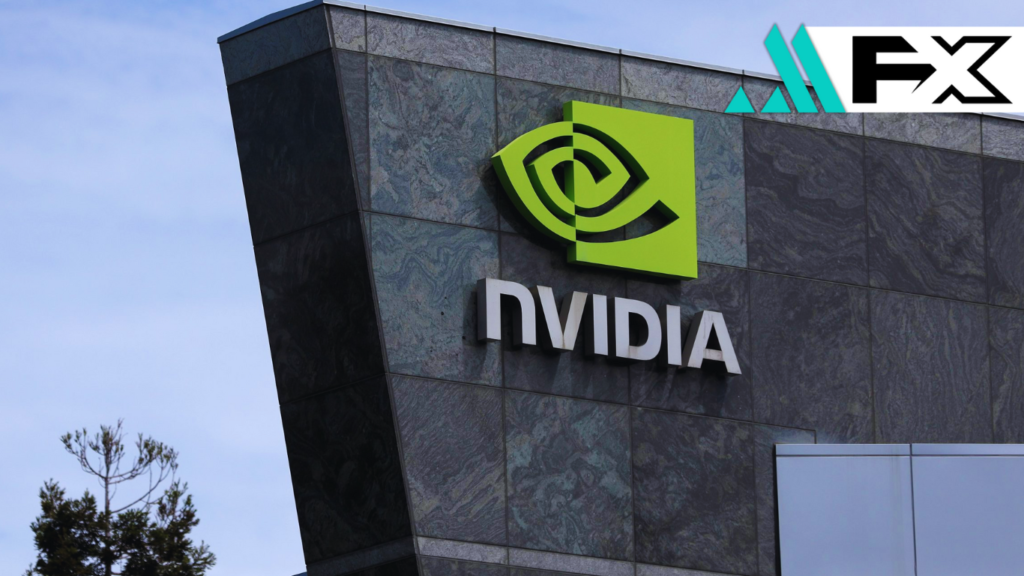Nvidia Corporation (NASDAQ: NVDA) has found itself at the center of renewed U.S.-China tech tensions after failing to notify major Chinese customers about new export rules targeting its AI-focused H20 chip. According to sources close to the matter, Nvidia was informed by U.S. officials on April 9 that it would now require a license to export the H20 chip to China—a rule that took effect without prior warning to key buyers or even internal teams in China.
The H20 chip was introduced to comply with earlier U.S. export controls and was the only high-performance Nvidia AI chip legally permitted for sale in China. The new restriction deals a heavy blow to Nvidia’s business strategy in one of its largest global markets, raising fresh uncertainty around the future of U.S. tech exports to China.
“This move signals that even compliant products may be subject to sudden regulation,” said an industry executive familiar with the company’s China operations.
$18B in Orders at Risk, $5.5B in Charges
The abrupt shift in export policy has immediate financial consequences. Nvidia revealed that it may incur up to $5.5 billion in charges for the fiscal quarter ending April 27. The costs stem from inventory write-downs, purchase commitments, and related reserves tied to the H20 product line.
These developments cast doubt over an estimated $18 billion worth of orders placed by Chinese clients since the start of 2025. In fiscal 2024, China contributed $17 billion in revenue, accounting for 13% of Nvidia’s total sales.
After the announcement, Nvidia shares plunged 6% in after-hours trading, underscoring investor anxiety over geopolitical risks in chip supply chains.
Chinese Tech Giants Caught Off Guard
Several leading Chinese firms, including Alibaba, Tencent, and ByteDance, had ramped up orders for the H20 chip, banking on it to power affordable AI models for domestic startups like DeepSeek. Many were unaware of the looming restrictions and expected deliveries by year-end.
Implications of the clampdown:
- Alibaba shares fell 4.1%
- Tencent dropped 1.8% in Hong Kong
- ByteDance has not yet commented
The decision may inadvertently strengthen Chinese chipmakers such as Huawei, which analysts say could gain traction as U.S. export constraints redirect demand.
“Washington is nudging Chinese firms toward domestic alternatives,” said Nori Chiou, investment director at White Oak Capital Partners. “This could accelerate the maturity of Huawei’s AI chip ecosystem.”
With export restrictions tightening, Nvidia’s dominance in China’s AI market faces its most serious test to date.


